Pun is the humorous use of a word or phrase so as to emphasize or suggest its different meanings orapplications, orthe use of words that are alike or nearly alike in sound but different in meaning; aplay on words.
One-Word Puns
There aren’t really any stand-alone, one-word puns as they all need some kind of context to create the word play. However, in many cases, the pun is formed within the context by one simple word that sounds like a different word or has another meaning. These are called homophonic or homographic puns.
Homophonic Puns
Homophonic puns are created by substituting one word for a similar-sounding word.
- A good pun is its own reword.
- I bet the butcher the other day that he couldn’t reach the meat that was on the top shelf. He refused to take the bet, saying that the steaks were too high.
Homographic Puns
Homographic puns are created in one of two ways: either by using a word that has two different meanings, or by substituting a word with the exact same spelling as the word for which it was substituted.
- Corduroy pillows are making headlines.
- Did you hear about the optometrist who fell into a lens grinder and made a spectacle of himself?
Compound Puns
Compound puns are made by using a string of two or more words that sound similar to a string of different words.
- Where do you find giant snails? On the ends of giants’ fingers.
- A man walks into a psychiatrist’s office wearing only shorts made of plastic wrap. The shrink says, “Well, I can clearly see you’re nuts.”
- Santa’s helpers are subordinate Clauses.
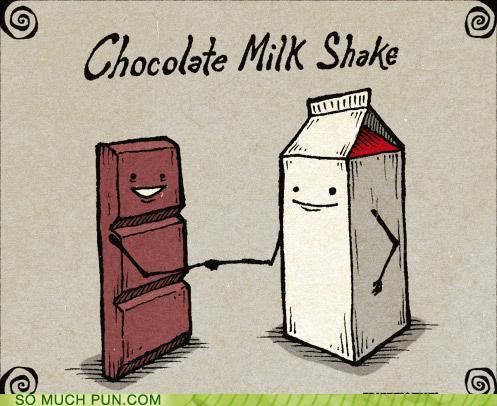
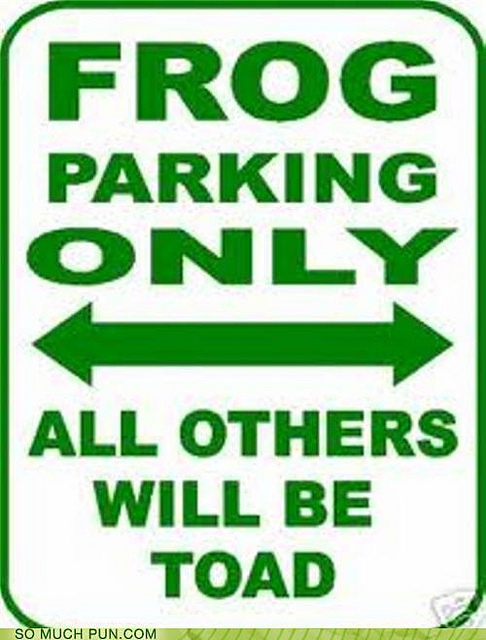
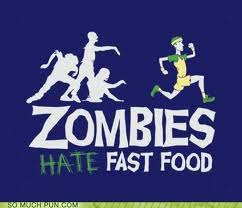
Irony is a rhetorical device, literary technique, or situation in which there is an incongruity between the literal and the implied meaning.
Types of irony
Modern theories of rhetoric distinguish among verbal, dramatic and situational irony.
- Verbal irony is a disparity of expression and intention: when a speaker says one thing but means another, or when a literal meaning is contrary to its intended effect. An example of this is when someone says "Oh, that's beautiful", when what he means (probably conveyed by intonation) is he finds "that" quite ugly.
Examples:
- "Today was a very cold and bitter day, as cold and bitter as a cup of hot chocolate, if the cup of hot chocolate had vinegar added to it and were placed in a refrigerator for several hours."
- "The day was as normal as a group of seals with wings riding around on unicycles, assuming that you lived someplace where that was very normal."
- Dramatic irony is a disparity of awareness between actor and observer: when words and actions possess significance that the listener or audience understands, but the speaker or character does not; for example when a character says to another "I'll see you tomorrow!" when the audience (but not the character) knows that the character will die before morning.
- Situational irony is the disparity of intention and result; when the result of an action is contrary to the desired or expected effect. Being "shot with one's own gun" or "hoisted with one's own petard" are popular formulations of the basic idea of situational irony.[this quote needs a citation][dubious ]
- Cosmic irony is disparity between human desires and the harsh realities of the outside world. By some definitions, situational irony and cosmic irony are not irony at all.
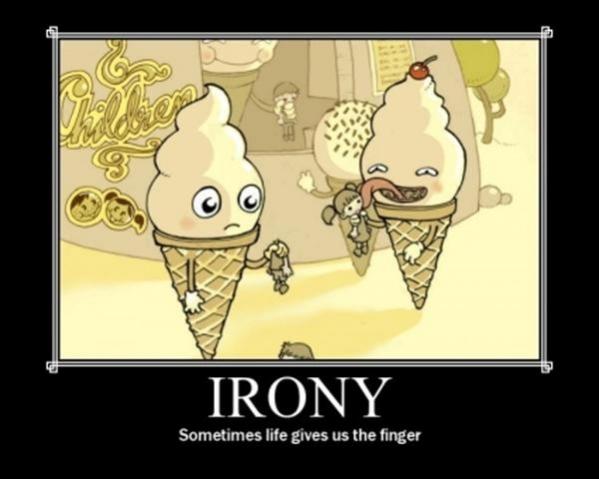
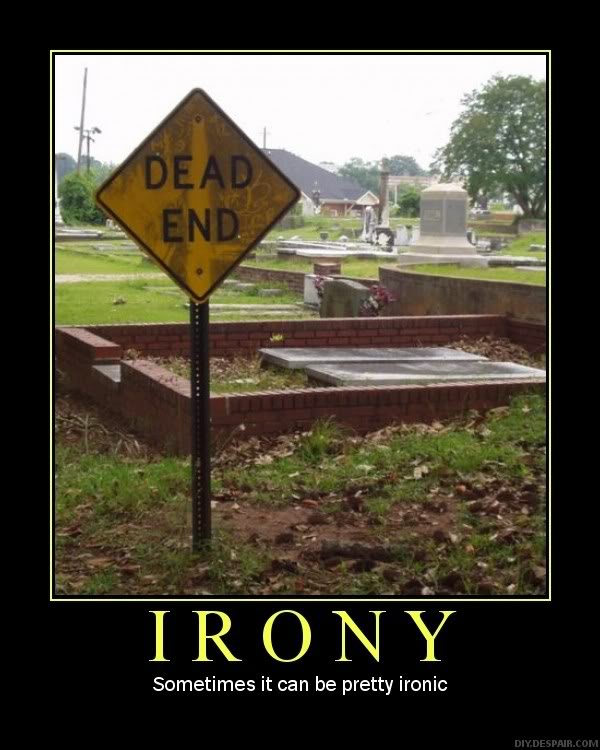
Zeugma is figure of speech in which two or more parts of a sentence are joined together grammatically or semantically by a single word other than a conjunction.
The zeugma is sometimes utilized to create drama, add emotion or produce some sort of shock value. While there can still be an underlying sense of confusion, generally an zeugma is used purposely as shown in these examples:
- "The farmers in the valley grew potatoes, peanuts, and bored." (Wunderland)
- "She opened her door and her heart to the orphan." (Wunderland)
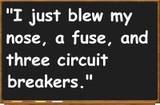
http://examples.yourdictionary.com/examples-of-funny-puns-and-punny-funs.html
http://en.wikipedia.org/wiki/Irony#Types_of_irony
http://en.wikipedia.org/wiki/Zeugma
http://examples.yourdictionary.com/examples/examples-of-zeugma.html
P.S. I'm sorry, I don't know why but I can't add links
